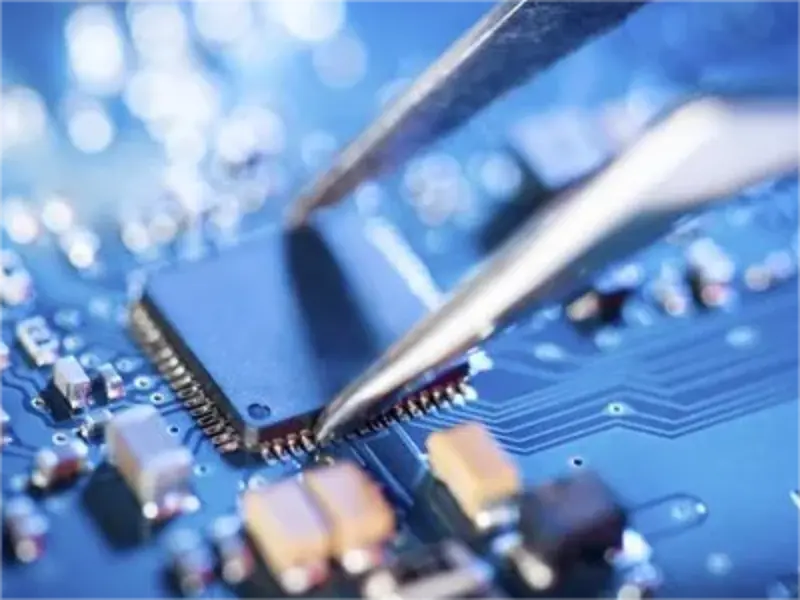- The plan aims to strengthen Japan’s control over its chip supply chain and support the mass production of next-generation chips.
- The plan, which targets a chip foundry called Rapidus, is expected to have a $1.6 trillion economic impact
What happened
Japanese Prime Minister Shigeru Ishiba has announced a $65 billion plan to boost Japan’s semiconductor and AI industries through subsidies and incentives, aiming for ¥10 trillion in support by 2030. The initiative focuses on strengthening chip supply chains amid global trade tensions. The plan targets companies like Rapidus, which aims to mass-produce advanced chips by 2027 in collaboration with IBM. The government expects significant economic impact but won’t issue deficit-covering bonds. A comprehensive investment of ¥50 trillion from public and private sectors is anticipated over the next decade.
Also read: Japanese chipmaker Kioxia files for IPO with December target
Also read: Japan approves additional US$3.9 billion in subsidies for semiconductor firm Rapidus
Why it is important
By unveiling a $65 billion plan to boost its semiconductor and AI industries, Japan aims to reduce dependence on foreign chip suppliers and build a strong domestic supply chain. This creates a fertile ground for startups to explore innovative projects and secure financial support.
The plan includes subsidies and incentives, making it easier for new companies to access funding. Additionally, collaborations with major players like Rapidus and IBM offer startups a chance to scale faster, access cutting-edge technology, and enter the global market. With Japan aiming for a significant economic impact, startups have an unprecedented opportunity to grow within a supportive and expanding tech environment.

